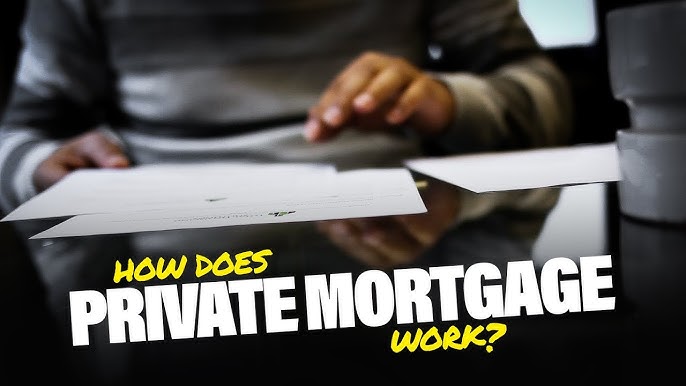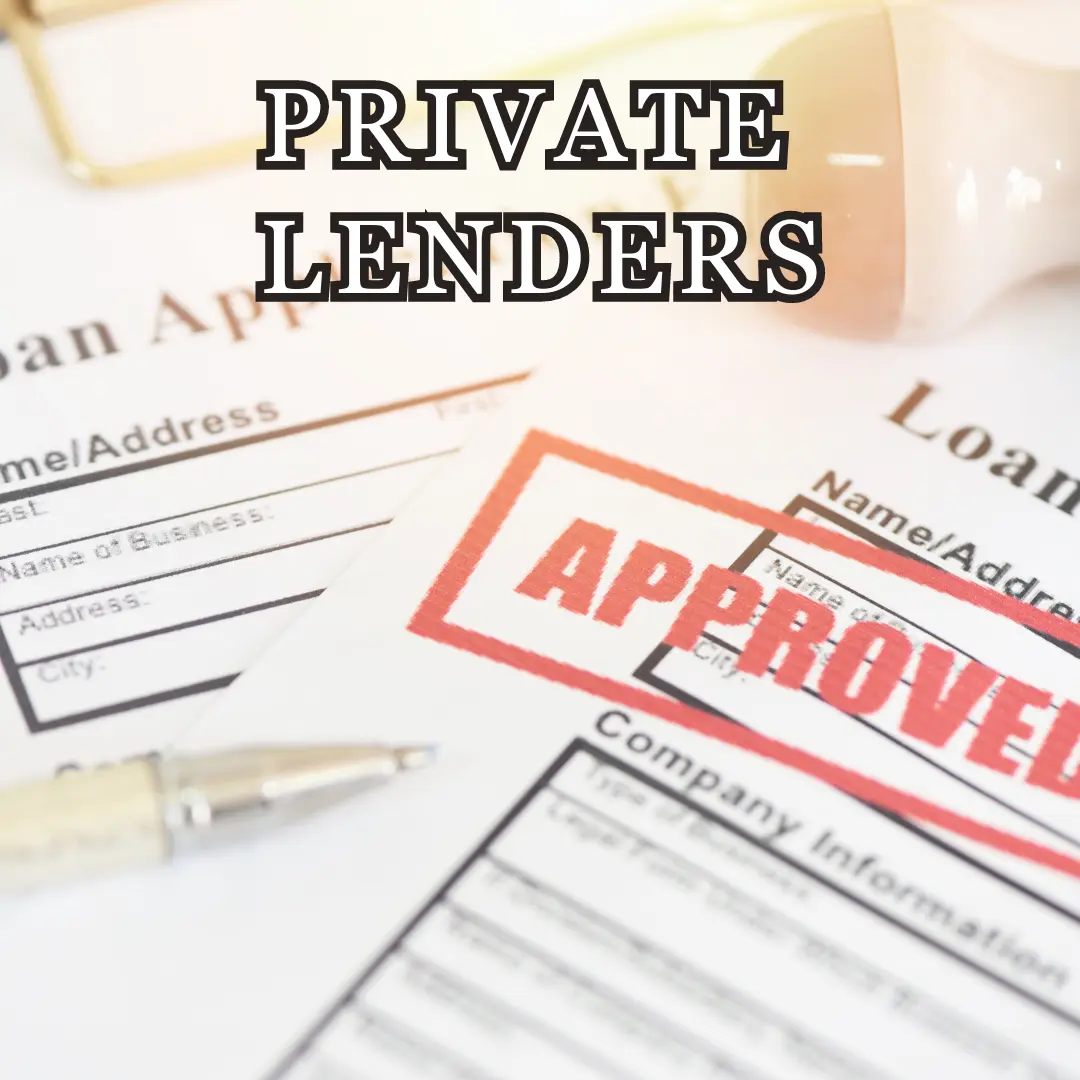How It Functions: A Comprehensive Overview to Mortgage Lending for First-Time Purchasers
Steering the globe of mortgage lending can be daunting for new purchasers. Comprehending the essential components like principal, passion, and deposits is necessary. In addition, identifying the various sorts of mortgage and the application procedure can substantially influence one's experience. By exploring crucial aspects that influence rate of interest prices, purchasers may discover useful understandings. What else should they take into consideration before making such a significant economic commitment?
Comprehending Mortgage Fundamentals
When new buyers go into the domain name of homeownership, recognizing mortgage basics becomes important for making educated decisions. A home loan is basically a financing safeguarded by the home being bought, permitting people to acquire a home without paying the full price upfront. Purchasers have to be mindful of vital components, including principal, rate of interest, taxes, and insurance coverage, usually summed up as PITI. The principal is the quantity obtained, while passion is the cost of borrowing that amount, shared as a percentage. Tax obligations and insurance are extra prices that can substantially affect regular monthly settlements. Purchasers should additionally consider the lending term, normally 15 or three decades, which impacts repayment amounts and total interest paid. Recognizing credit report is necessary, as they affect lending eligibility and rate of interest rates. Understanding these fundamental concepts encourages newbie buyers to browse the mortgage landscape with confidence and make selections that straighten with their monetary goals.
Sorts Of Mortgage Loan
When considering mortgage choices, newbie buyers commonly experience two key kinds: fixed-rate and variable-rate mortgages. Fixed-rate home loans use stability with consistent payments over the financing's term, while adjustable-rate home loans can supply lower first rates that might vary in time. Comprehending these distinctions is important for making an informed decision.
Fixed-Rate Mortgages
Fixed-rate home mortgages give security and predictability for newbie property buyers steering the intricacies of home funding. With a fixed-rate mortgage, the rates of interest continues to be continuous throughout the finance term, commonly varying from 15 to thirty years. This consistent price enables buyers to intend their budget plans successfully, understanding that their monthly payments will certainly not rise and fall. Newbie buyers take advantage of this framework as it gets rid of uncertainty in lasting economic dedications. Furthermore, fixed-rate home loans usually include lower initial rates contrasted to adjustable-rate alternatives, making them an eye-catching selection for those seeking to establish home equity gradually. Overall, fixed-rate home mortgages provide an uncomplicated course to homeownership, ideal for people looking for lasting financial security.
Adjustable-Rate Mortgages
For newbie homebuyers looking for versatility, variable-rate mortgages (ARMs) can supply an attractive alternative to fixed-rate car loans. ARMs usually provide reduced initial passion prices, making monthly settlements much more budget friendly in the early years. These prices rise and fall after an initial fixed duration, which can lead to enhanced settlements over time. Customers need to understand the index and margin that determine future rate changes. Commonly, ARMs have modification periods of one, 3, or five years, with periodic caps to limit how much prices can raise at each adjustment. While ARMs can be beneficial for those intending to sell or refinance before the rate changes, they likewise carry risks if market problems transform substantially. Comprehensive research is vital for notified decision-making.
The Mortgage Application Process

Secret Aspects Influencing Rates Of Interest

Deposits and Closing Expenses
Comprehending down settlements and shutting prices is important for newbie buyers, as these expenditures greatly impact the overall cost of a home mortgage. A down settlement is the initial amount paid towards the home's purchase rate, commonly shared as a percent. It can vary from as reduced as 3% to 20% or even more, depending upon the finance kind and lending institution needs. A bigger deposit can decrease month-to-month mortgage payments and get rid of personal mortgage insurance coverage (PMI), which safeguards lenders in situation of default.Closing expenses, on the other hand, incorporate numerous charges incurred during the home-buying procedure. These may include lending source costs, evaluation fees, title insurance policy, and lawyer fees, generally amounting to 2% to 5% Look At This of the home's purchase rate. Newbie purchasers should spending plan for both deposits and closing prices to ensure they can secure their mortgage and effectively navigate the home-buying procedure.
Tips for First-Time Homebuyers
What necessary suggestions article source can first-time buyers follow to browse the typically challenging procedure of purchasing a home? Establishing a realistic spending plan is vital. Customers ought to analyze their monetary situation, consisting of income, costs, and prospective mortgage payments. Next off, acquiring pre-approval for a mortgage can supply clarity on what one can pay for and strengthen their placement when making an offer.Researching communities is similarly important; customers should take into consideration elements such as facilities, colleges, and future developments. Furthermore, it is recommended to collaborate with a qualified property representative that can supply important understandings and support throughout the acquiring process.Home evaluations need to not be overlooked, as they can discover surprise issues that may influence lasting contentment. Buyers need to continue to be person and adaptable, understanding that discovering the appropriate home might take time. By following these tips, first-time property buyers can approach the market with confidence and expertise.
Regularly Asked Inquiries
What Papers Are Needed for Mortgage Pre-Approval?
For mortgage pre-approval, individuals usually need to provide revenue confirmation, employment history, credit records, income tax return, bank declarations, and details of any financial debts (Private Mortgage Lenders Savannah GA). These papers assist lenders evaluate financial capability and determine lending eligibility
Can I Obtain a Home Mortgage With Bad Debt?

Many lending institutions take into consideration applicants with negative credit, though terms might vary. Greater rate of interest or bigger deposits could be called for. Exploring alternatives with specialized loan providers or federal government programs can likewise boost possibilities for approval.
How much time Does the Mortgage Authorization Process Take?
The mortgage authorization procedure usually takes between 30 to 45 days. Elements affecting this timeline consist of the loan provider's efficiency, the customer's monetary documents, and the complexity of the finance application. Delays might take place as a result of additional requirements.
What Occurs if I Miss a Home Mortgage Payment?
If a home loan settlement is missed, late charges might be incurred, and credit report can endure. Long term non-payment may result in repossession proceedings, triggering the lending institution to reclaim the building after a series of warnings.
Can I Refinance My Mortgage Later?
Refinancing a home loan later on is often feasible, permitting home owners to adjust their finance terms, rates of interest, or regular monthly repayments. Nevertheless, qualification depends upon credit history, current market problems, and the existing mortgage's terms. Private Mortgage Lenders Savannah GA.